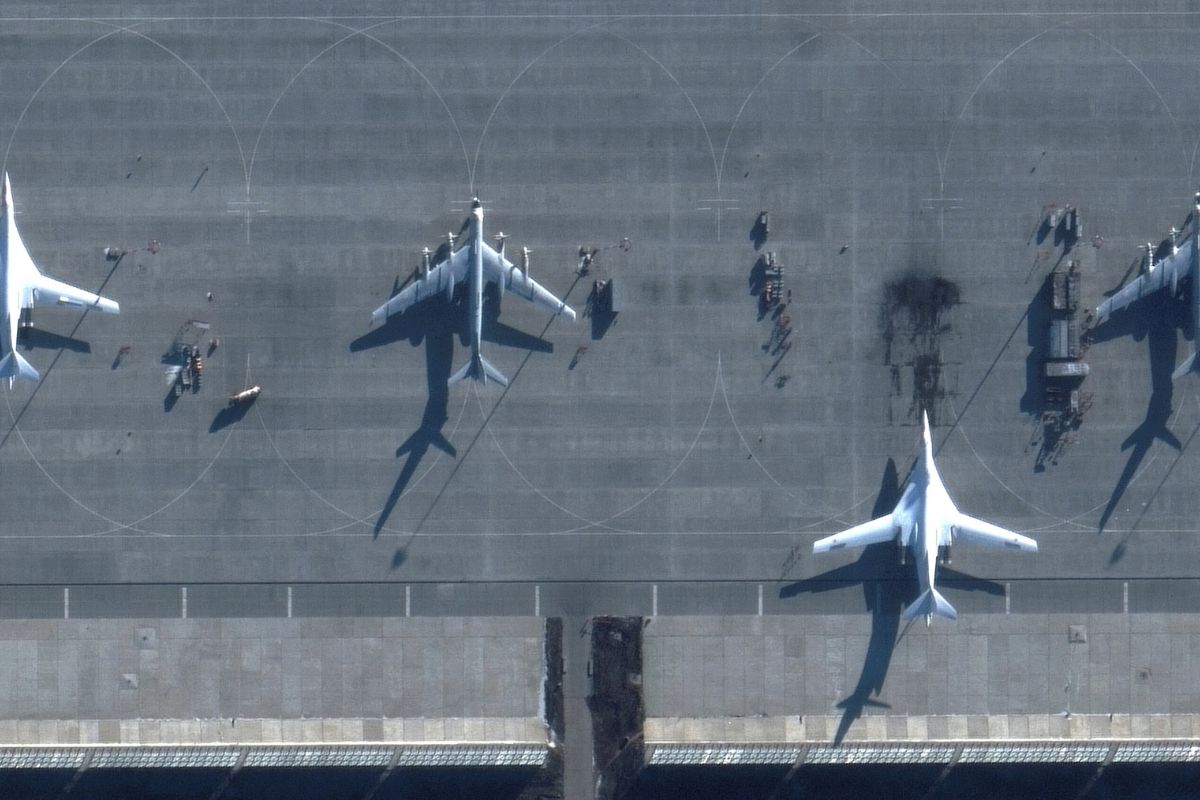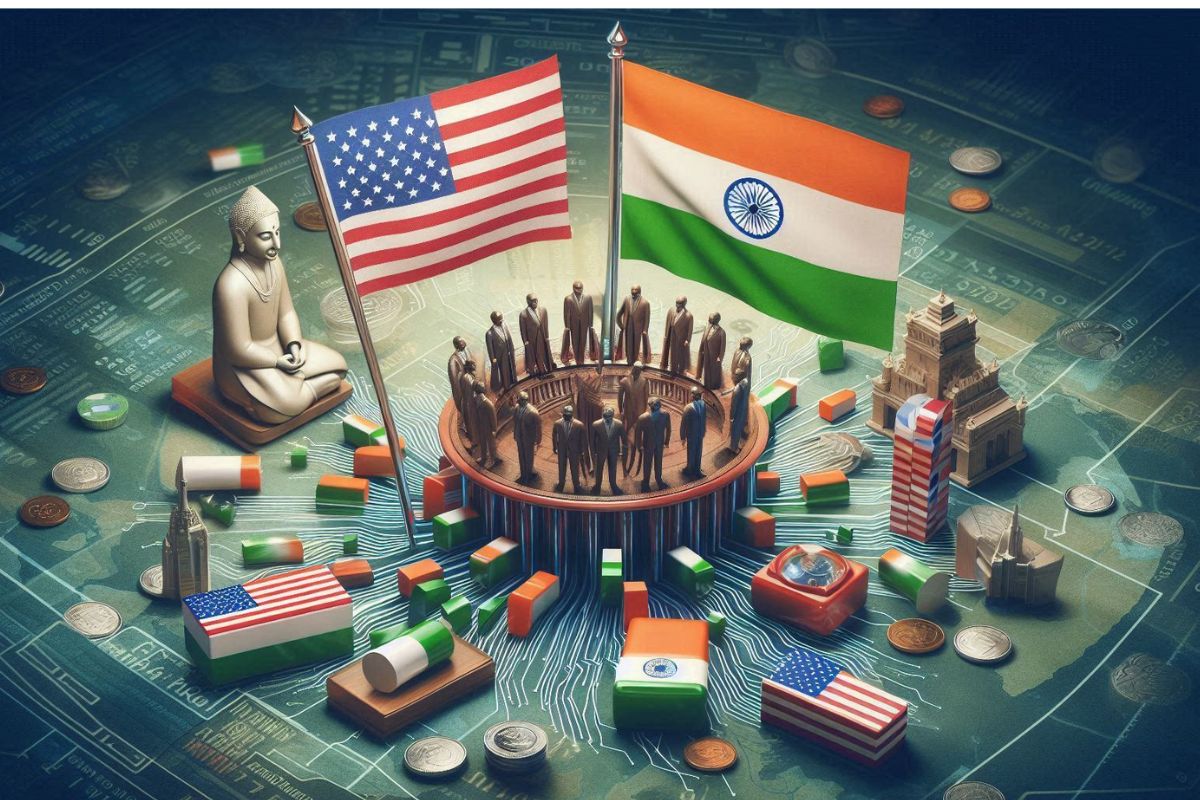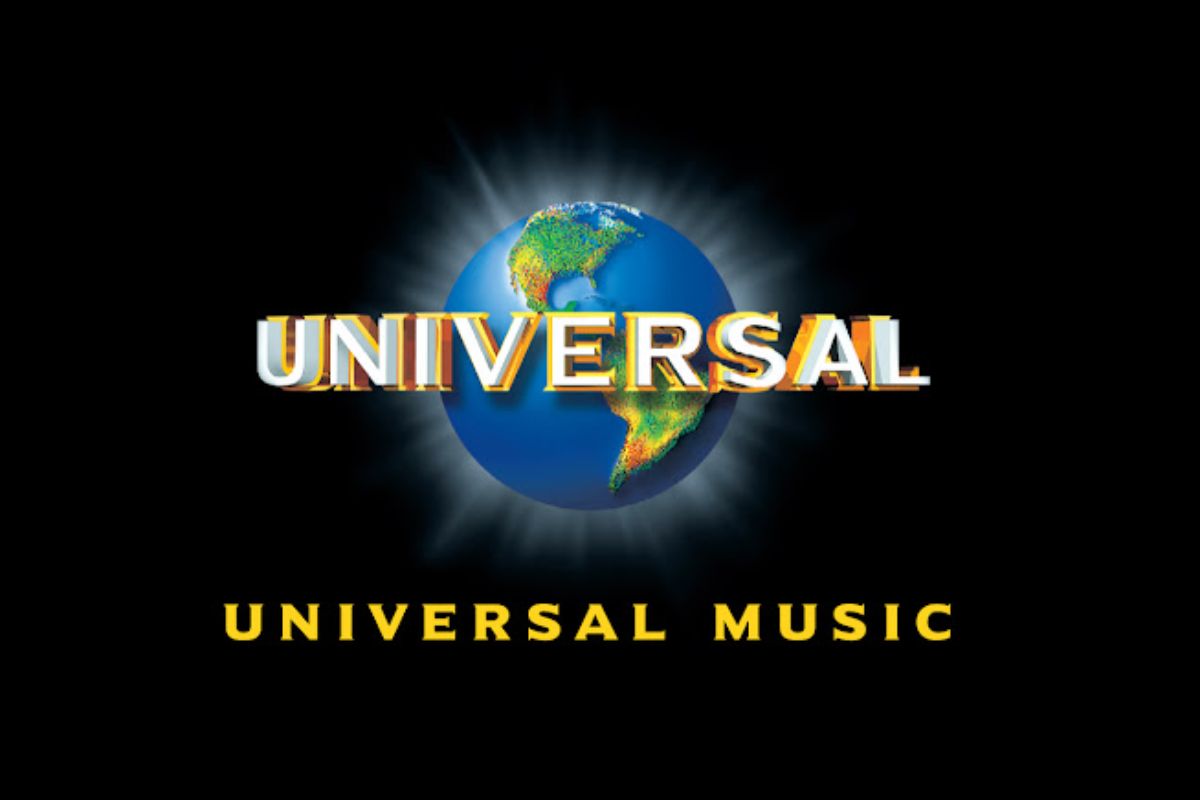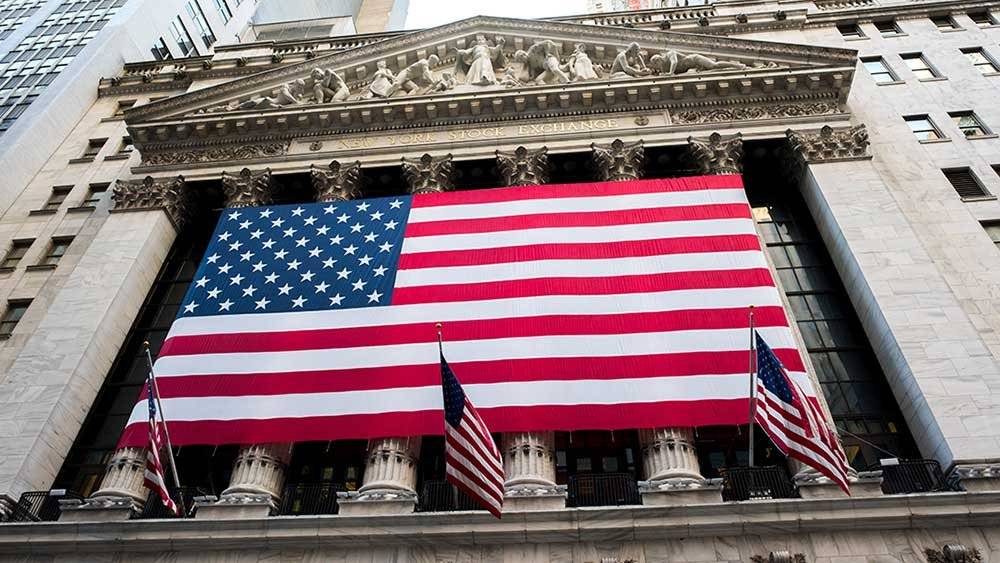In a result that opposition leaders disputed, arguing the dictatorship had probably manipulated the vote count, Nicolás Maduro declared an unexpected victory in Sunday’s presidential election and secured a 3rd six-year term in Venezuela.
The National Electoral Council, which is under the control of the regime, announced just after midnight on Monday, six hours after polls were scheduled to close. The 61-year-old leader was able to extend his 11-year rule into the next decade with 5.1 million votes, or 51.2% of the total, compared to 4.4 million votes, or 44.2% of the vote, for his opponent, Edmundo González. The outcome of the election surprised many, as Maduro had been lagging González in the polls for weeks by over 25 percentage points.
Residents in and around Caracas started pounding pots to express their disapproval of the outcome almost immediately, knowing that the opposition and its allies, including the United States, would likely fight it. Concurrently, supporters of Maduro convened outside the presidential palace in Miraflores to commemorate the victory with a musical event.
From a stage where he was also dancing to reggaeton music, Maduro addressed the audience, saying, “What a beautiful day we’ve lived.” “I am grateful for this victory that the people truly deserve. Thank you.” The ideas of equality have triumphed with this.
Maduro’s continuous rule in oil-rich Venezuela is expected to make it more difficult for the United States and its allies to restore regular diplomatic ties and eliminate the sanctions imposed on the government due to corruption and violations of human rights. That would prolong an economic catastrophe that has caused approximately eight million people to flee under Maduro’s reign, many of whom have settled in the United States and other Latin American nations.
The outcome is also a setback for the Biden administration, which had been promising free elections in exchange for concessions in recent months, only to watch Maduro tighten his grasp. The capitals of the United States’ most bitter enemies, including Havana, Moscow, and Tehran, whose despotic regimes have cultivated strong military and business connections with Venezuela, will celebrate Maduro’s win.
Prior to being chosen as Hugo Chávez’s heir apparent, Maduro had positions as a bus driver, trade union representative, and foreign minister. His nation was rapidly declining under his leadership. Before a recent recovery, the economy shrank by 80%, and the United States imposed sanctions that made the nation’s oil industry even more crippled. Additionally, Maduro and other regime leaders have been sanctioned or charged by the United States for offenses ranging from drug trafficking to corruption and violations of human rights.
The Biden administration has “serious concerns that the result announced does not reflect the will or the votes of the Venezuelan people,” according to U.S. Secretary of State Antony Blinken, who was speaking from Japan.
“The international community is watching this closely and will respond accordingly,” the speaker declared.
González received around 70% of the vote, according to opposition leader Maria Corina Machado, who supported him after being barred from competing against Maduro. Machado urged the military forces to recognize the actual election results and denounced Maduro’s false declaration of victory.
Machado declared, “We are going to stand up for the truth.” “Everyone is aware of the events. They are aware of what transpired and their intentions.
Even though Gonzalez is a scholarly, 74-year-old former diplomat with little desire for political office, independent polling companies had given Venezuelans cause for optimism. He was predicted by Delphos and ClearPath Strategies to defeat Maduro by over 25 percentage points before the poll.
As the vote came to a close on Sunday afternoon, exit polls revealed that González had won by a significant margin. González was predicted by Edison Research and Gallup-Ipsos to more than double Maduro’s number of votes. Additionally, the opposition has access to a fast count, which awarded González almost 8.5 million votes, or 4.5 million more than Maduro. This quick count is an actual tabulation of huge samples from voting stations that are thought to be highly accurate.
Senior opposition leader Omar Barboza claimed that because of government restrictions, his teams had only been able to examine 30% of the tally sheets by late Sunday. He urged the government to honor the wishes of the people. He urged everyone to consider Venezuela’s future during a press conference.
The opposition campaign workers were arrested by the authorities in the weeks leading up to Sunday’s vote. The administration only allowed 69,000 of the approximately five million Venezuelans of voting age who departed the nation to vote from overseas to reduce turnout.
José David Guerrero, a Venezuelan foreigner living in Colombia, stated, “None of us can vote because of the restrictions.” “I want to support my country, so I’m frustrated.”
In certain impoverished areas of Venezuela, where the leftist beliefs of the president’s predecessor are deeply ingrained, Maduro does enjoy support. Additionally, a lot of Venezuelans have been relieved by the country’s economic recovery.
Nestor Pérez,69, remarked outside a polling place close to a government housing complex, “I can’t go against Maduro because he’s the one who has given us stability, the peace that we can’t give up.” “Everything will improve in the end. In addition to the fact that he provided me with a place to live, I also support him because of the stability of the nation.
According to economists and local businesspeople, Maduro has abandoned his rhetoric against capitalism and accepted several de facto neoliberal measures, such as removing price controls, cutting social spending, and allowing the use of the US dollar.
This aided in the deflationary period’s withdrawal. After declining by 80% during the previous ten years, the GDP is expected to expand by 4% this year.
According to certain businessmen from the United States and Venezuela who have had private discussions with the government, the dictatorship is attempting to shift toward a governance model akin to that of China or Vietnam, where political and democratic rights are given up in favor of economic freedom and security.
In an attempt to find a solution to the political impasse in his country and attract much-needed foreign investment, Maduro announced on Monday that he would hold a “grand national dialogue” between the political and economic sectors of Venezuela. He promotes himself on television as a pro-business figurehead who guards Venezuela’s enormous mineral and oil reserves.
The 47-year-old handyman José Pérez had enjoyed what he had observed. He remarked, “What choice do we have? So I voted for Maduro.” “Let’s give it another go and see what happens.”
What’s next for Venezuela if Maduro comes into power?
Experts estimate that more Venezuelans would depart if Maduro remains in office. Over the last ten years, over 7.7 million people have left the nation due to shortages of necessities and rapidly rising inflation.
According to Pina, “there will likely be a new wave of Venezuelan migration.”
Last week, Laura Dib, the director of the Venezuela program at the Washington Office on Latin America (WOLA), a rights advocacy and research organization with headquarters in the United States, stated that people in the nation were in serious need of assistance due to dire economic conditions.
“In Venezuela, the minimum wage is approximately $130 per month, but a family only needs to make ends meet with about $500,” the speaker stated.
Source
The Wall Street Journal

Andrew is a New York-based markets reporter at The Wall Street , covering the latest news from Wall Street, the rise of the spot bitcoin exchange-traded funds and updates on crypto markets. He is a graduate of New York University’s business and economic reporting program and has appeared on CBS News, YahooFinance and Nasdaq TradeTalks. He holds BTC and ETH.







